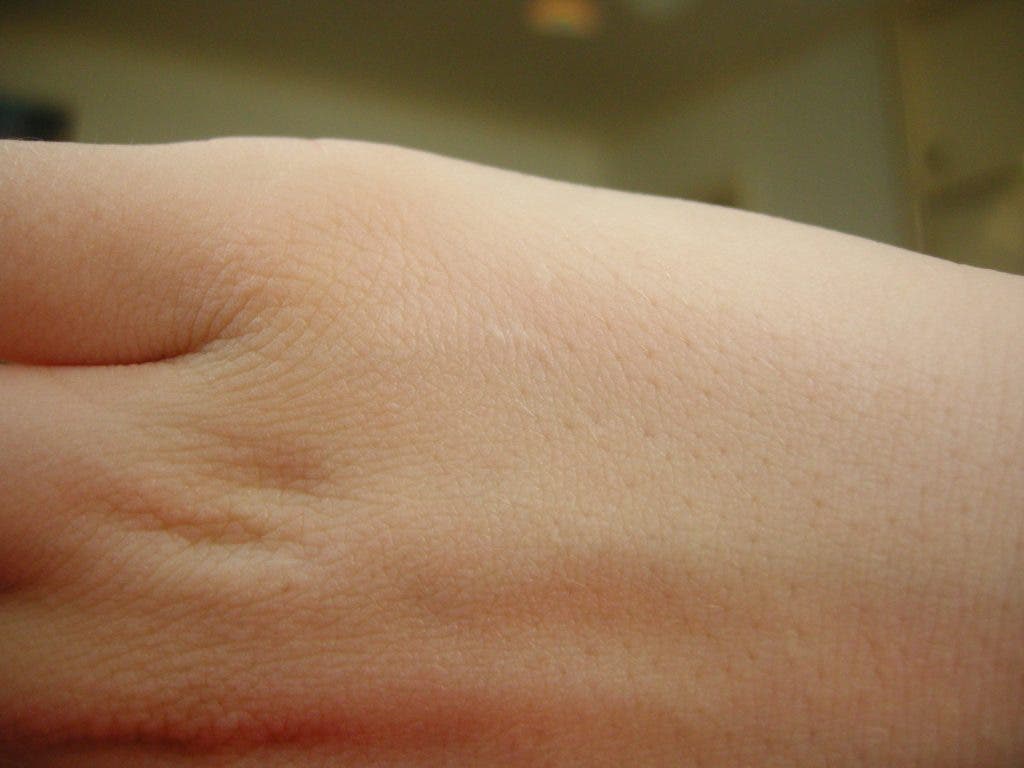Just like an ecosystem inhabits an area, so to is your skin inhabited by a swarm of micro-organisms – including viruses. Now, researchers have used state of the art equipment to survey this viral population (the “virome”), and came up with an unexpected conclusion: 90% of these viruses are completely unknown, and most viral DNA on our skin is a “dark matter”.
Scientists are realizing more and more just how much the microbes living on and inside us affect our lives, so researchers from the Perelman School of Medicine at the University of Pennsylvania set out to investigate them. We already know that they can prevent harmful infections and stave off other bacteria, but under certain circumstances, they do exactly the opposite.
“There has been a real need for a better understanding of these viruses, given their potential effects on our skin cells as well as on our resident bacteria,” said senior author Elizabeth A. Grice, PhD, an assistant professor of Dermatology at Penn Medicine. “Until now, relatively little work has been done in this area, in part because of the technical challenges involved. For example, a skin swab taken for analysis will contain mostly human and bacterial DNA, and only a tiny amount of viral genetic material — the proverbial needles in the haystack.”
It’s not the first time this mapping attempt has been done, but it’s hard to identify viral DNA among other, bacterial and human DNA. Using optimized techniques for isolating virus-like particles (VLPs) from skin swabs, and for analyzing very small amounts of genetic material, the team managed to mostly overcome that hurdle.
Their sample analysis came from 16 healthy individuals, and initial results were expected. The most abundant skin-cell infecting virus was human papilloma virus, which causes common warts and has been linked to skin cancers. However, the big surprise came quickly: 90% of the DNA didn’t match anything on records.
“More than 90 percent was what we call viral dark matter — it had features of viral genetic material but no taxonomic classification,” Grice said.
However, this research established a base-map, and will likely serve as a reference for future studies; few things that are so important for our health are so poorly understood, and this is, while a bit worrying, a great opportunity. To further advance research in the field, Grice and the team made the entire DNA-sequencing algorithms open source with their paper.
“It’s all freely available so that people can do their own studies, or even reproduce our results,” she said.
Journal Reference:
- Geoffrey D. Hannigan, Jacquelyn S. Meisel, Amanda S. Tyldsley, Qi Zheng, Brendan P. Hodkinson, Adam J. SanMiguel, Samuel Minot, Frederic D. Bushman, Elizabeth A. Grice. The Human Skin Double-Stranded DNA Virome: Topographical and Temporal Diversity, Genetic Enrichment, and Dynamic Associations with the Host Microbiome. mBio, 2015; 6 (5): e01578-15 DOI: 10.1128/mBio.01578-15










